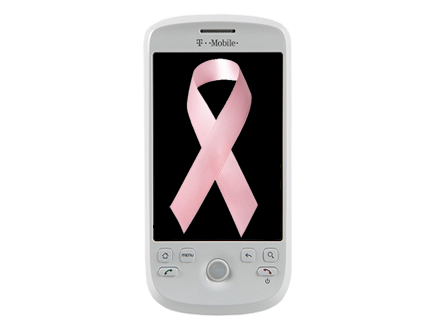Should mobile phones carry cancer warnings?

A Maine legislator wants to require that cell phones carry warnings that they can cause brain cancer.
Maine Rep. Andrea Boland has persuaded legislative leaders to allow her proposal to come up for discussion during the 2010 session, basing it on several studies that point to cancer risk.
The move matches a similar effort by San Francisco mayor Gavin Newsom.
Should mobile phones carry cancer warnings?
Back in September, ZDNet sister site TechRepublic posted a list of the "10 most potentially hazardous smartphones," based on a study by the Environmental Working Group on how much radiation popular phones emitted.
The results? The T-Mobile myTouch 3G was the worst, followed by several BlackBerry models. The best? Several Nokia and Samsung handsets.
But many more powerful phones are slated to arrive to market in 2010.
Mobile phones do carry such health warnings in some countries, but no U.S. states require them, according to the National Conference of State Legislators.
The reason: there is no consensus among scientists that mobile phones cause brain cancer. Naturally, industry leaders dispute the claim.
Under the bill, manufacturers would be required to put permanent labels on phones and packaging warning of the potential for brain cancer associated with electromagnetic radiation. The warnings would instruct users to keep the devices away from their head and body.
Pretty hard to do with a cell phone.
The Federal Communications Commission has insisted that all cell phones sold in the U.S. are safe, based on a standard "specific absorption rate" of radiofrequency energy.
Manufacturers aren't required to make radiation levels public, however.
The San Francisco proposal would require the display of the absorption rate level next to each phone in print at least as big as the price.
If successful, the movement could have major effects across the country. While Maine has just under a million mobile users, there are more than 270 million cellular subscribers in the U.S., according to CTIA-The Wireless Association.
The problem? The modern mobile phone hasn't been around long enough -- just over a decade, really -- to offer conclusive results on long-term health risks.
